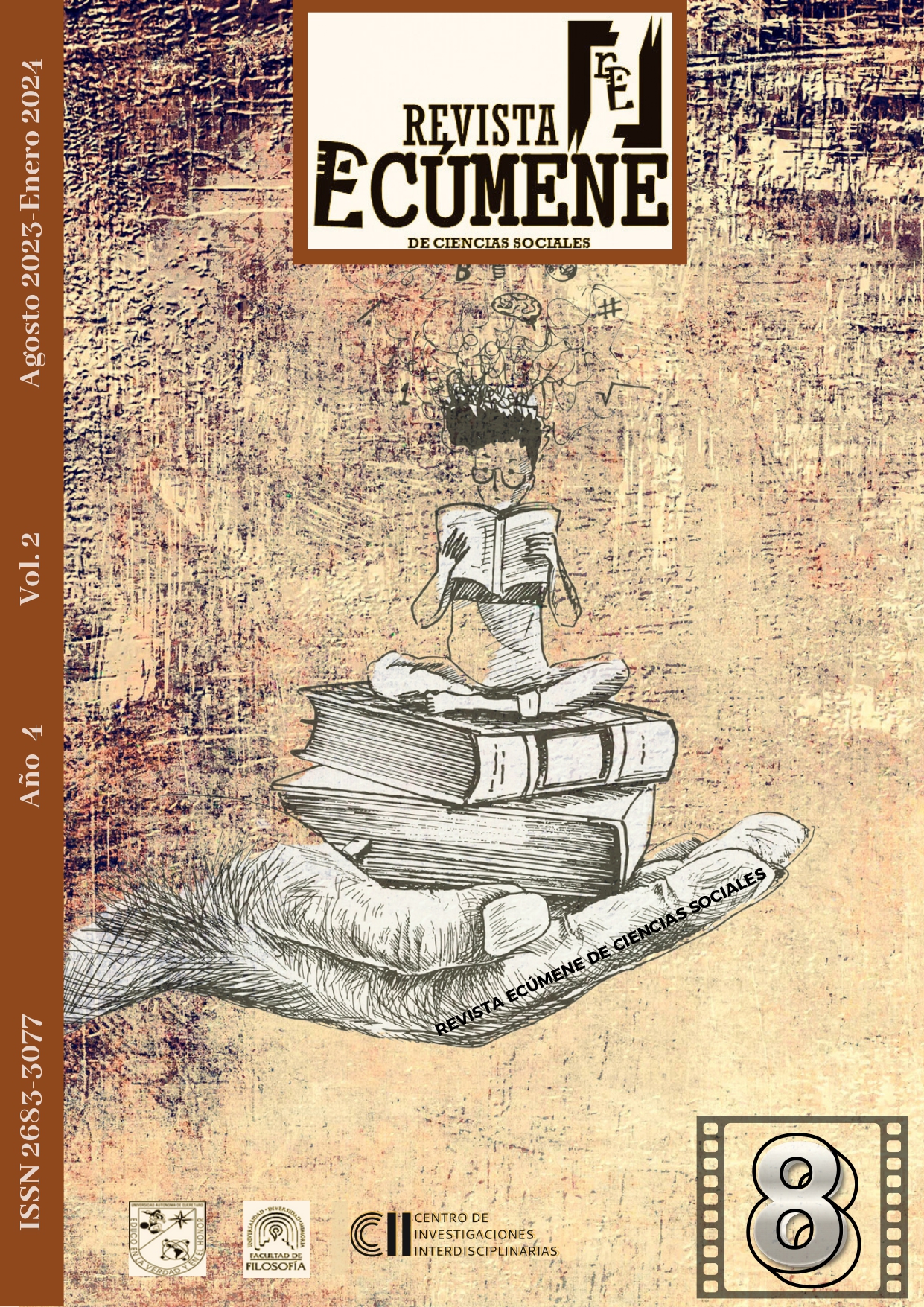Abstract
In this paper we address the changes and continuities in the relationship between the State, state agencies and the Mapuce people throughout the 20th century and until the present day. Written historical documents, such as official ones, as well as ethnographic work will be used for this purpose. The analysis is based on case studies, the current Mapuce communities Paicil Antriao and Kinxikew. This allows a reduced-scale evaluation to contribute to general knowledge about the dynamics of this indigenous society within the province of Neuquen. The results of the research aim to show multivocal State actions, characterized by a general tendency towards indigenous dispossession, which has been, during the first half of the 20th century, limited by the features of the area under study, and the actions of indigenous resistance. In the second half of the century, attempts to deterritorialize the Mapuce people deepened. At the turn of the century, paradigmatic and political developments enabled new dynamics of both dispossession, dialogue and resistance.

This work is licensed under a Creative Commons Attribution-NonCommercial-ShareAlike 4.0 International License.
Copyright (c) 2024 Revista Ecúmene de Ciencias Sociales

